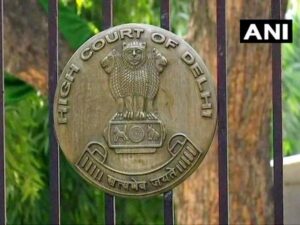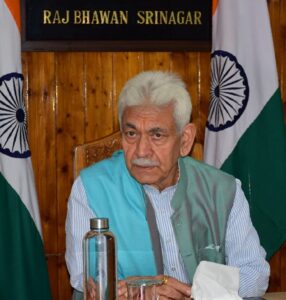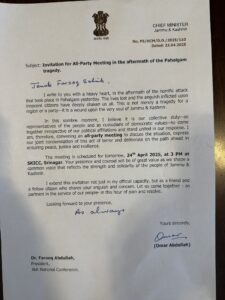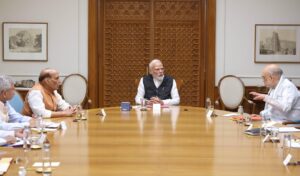MP govt introduces rules to digitalise judicial process; summons, warrants, notices to be served via electronic means
Bhopal (Madhya Pradesh) [India], August 20 (ANI): Madhya Pradesh government has introduced a landmark set of regulations under the Bharatiya Nagarik Suraksha Sanhita, 2023 (BNSS) and the Bharatiya Nyay Sanhita, 2023 (BNS), aimed to transform the judicial process through digitalisation.
These regulations now permit the issuance, service, and execution of legal documents via various electronic communication channels, marking a significant advancement in the state’s legal system.
Chief Minister Mohan Yadav told ANI, “The Madhya Pradesh government has decided to use electronic methods for serving all types of summons. Madhya Pradesh is the first state in the country where e-technology will be used to serve summons and notices in our judicial system. With this, all arrangements would be followed at a fast pace. I extend my greetings to the department on the implementation of this new technology system.”
Madhya Pradesh Gazette issued on August 13 for the same stated that the new rules may be called the Madhya Pradesh Electronic Processes (Issuance, Services and Execution) rules 2024.
The new rules define “electronic communication” broadly, covering the transmission of written, verbal, pictorial, or video content through electronic means. This includes any communication transmitted devices such as mobile phones, computers, or other wireless telecommunication devices. While the notification does not explicitly mention platforms like email or messaging apps such as WhatsApp, it clearly encompasses any digital medium that facilitates communication between parties.
Courts in Madhya Pradesh are now authorised to issue and serve legal documents–including summonses, warrants, and notices–through electronic mode. These documents will be delivered to the intended recipient via known electronic mail addresses or messaging applications, based on the recipient’s available contact information.
The service of these documents is confirmed through digital acknowledgments. For instance, when a court sends a notice via electronic mail, the delivery is considered successful unless the email bounces back. In the case of messaging applications, delivery receipts or read confirmations will serve as proof of service. The acknowledgment forms a critical part of the service report that will be submitted to the court.
All documents issued electronically will be authenticated with digital signatures as per the Information Technology Act, 2000, and will be encrypted to prevent unauthorised access and ensure the security of the communication.
These rules shall be in addition to any other law or rules made by the High Court of Madhya Pradesh for the time being in force for issuance, service and execution of process by the Court.






